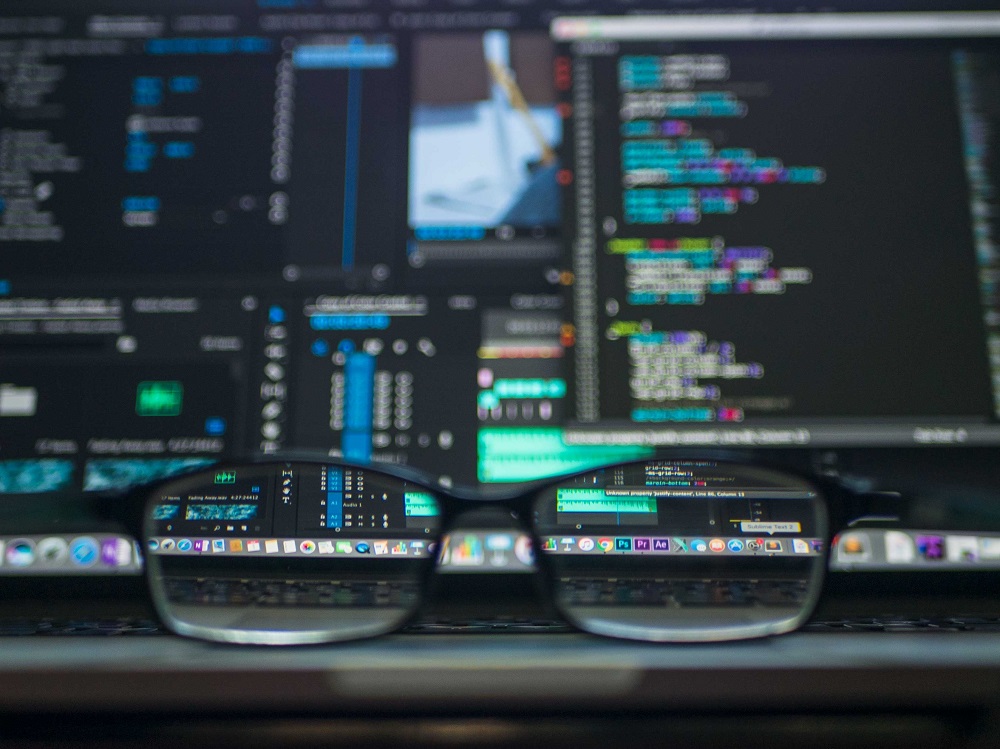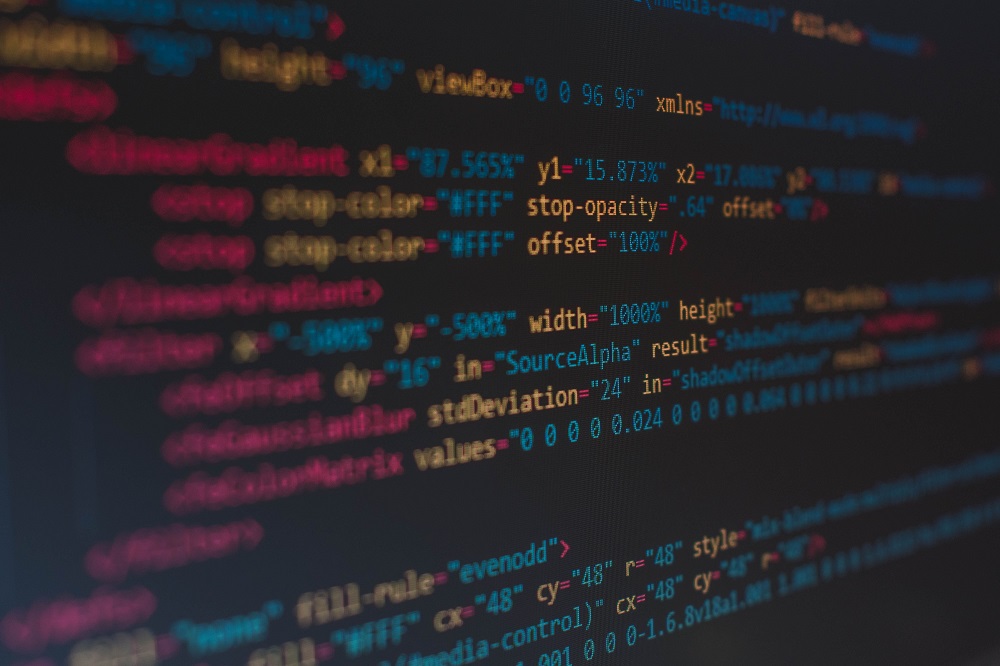While big tech has been making all the noise in 2023, the year is also teaching us that even the most sophisticated AI model are likely to lose their credibility if they generate inaccurate responses.
Artificial Intelligence (AI) models are evolving and becoming valuable when trained to operate as closely with real-world scenarios as possible. However, to provide factual accuracy and human-appropriate behavior, the framework requires transparent, accountable, and secure data insights. This offers the model the ability to trace data to its origin and helps avoid repeat mistakes.
-
If a corrupted data model is used in a sensitive area such as medical diagnosis or finance, the consequences are likely to be unfathomable. For less critical use cases, a corrupt AI model will lose its value and waste untold hours of energy and money.
-
If a data set is collected from an opaque source, it becomes impossible to trace the accuracy of the data. This could imply that the data is biased.
-
Incomplete and inadequate data are considered the final obstructions to data integrity. If training data is outdated, the artificial intelligence (AI) framework will be unable to identify the patterns relevant to the existing context.
If the model does not have enough data, the framework will only memorize based on the work patterns. And with security breaches and privacy problems corrupting AI data models, organizations are exploring new frameworks to put a stop to the nefarious purposes of attackers. And this becomes a lot easier when data is centralized in smaller databases.

Read more: From Awareness to Adoption: Marketers are Exploring New Ways for Technology Adoption
Google’s parent company, Alphabet, is a $1.3 trillion tech company that has been researching AI for about 20 years. While the company has been mastering search, in February 2023, Google’s generative chat model, Bard, messed up a simple task. After the mistake, the stocks of Alphabet dropped by almost 9%, losing $100 billion.
Not long after, Microsoft’s generative chat model Bing also made similar headlines for being wrong and replying with aggression. Both Bard and Bing emphasized the power of data in AI. While their mistakes were small compared to the potential of AI, they did start a conversation around data breach security as well as consequential real-life errors. It is, therefore, imperative to rethink how data is being protected, collected, and orchestrated.
Decentralization offers a way to make data secure, transparent, and accountable, thereby helping in building the safeguards required for an AI future.
How can Decentralization Ensure Data Integrity?
Decentralized data is stored and distributed across a network of nodes instead of a central database, thus enabling the security and transparency that is missing in AI. As the decentralized data is not stored in a single location, attackers cannot hit the jackpot with a single breach. Individual users, as well as organizations, can hold control over their own data, which is stored across different locations online. The data can be queried on demand and with permission.

Blockchain enables users to see when the data has been tampered with. Such visibility into data sources indicates that the users can vet data for accountability and completion. It enables them to securely pull data from a variety of sources without giving away sensitive details.
By drawing on data from different sources, artificial language (AI) language models help in potentially accessing a wider range of data, one that may not be available in a centralized database. It leads to improving accuracy and robustness across domains where data is difficult to obtain.
Read more: Technology Investment: Top Trends for 2023
Decentralized Artificial Intelligence: A Brief Overview
Decentralized Artificial Intelligence (DAI) is an AI system that employs blockchain technology to store as well as process data. In the system, the decision-making process is decentralized and depends on the consensus among different nodes. This approach helps in offering a secure, transparent, and trustworthy alternative to existing AI systems.
The artificial intelligence (AI) market in marketing was expected to be $15.84 billion USD in 2021. And the value is set to rise to more than 107.5 billion by the year 2028. Today decentralized learning approaches offer businesses the potential to integrate blockchain and AI into their operational framework securely. Combining the two technologies helps in creating a decentralized AI that holds enormous potential for novel data applications across organizations. Due to this reason, the trend toward AI decentralization is becoming more viable than ever.

Identifying the Potential of AI-Powered Decentralized Networks
With the world of technology evolving continuously, artificial intelligence (AI) and decentralized networks are becoming increasingly apparent. AI-powered decentralized networks have been garnering attention as well as traction as they present businesses with ways to achieve efficiency and privacy across industries.
Decentralized networks include multiple nodes that are interconnected in a distributed manner. This type of network is designed to be more secure and resilient.
-
AI-powered decentralized networks are assisting businesses to enhance the security of their online transactions and offer more secure data storage. They are also being used to create a secure authentication protocol, enabling users to access their accounts without passwords.
-
AI-powered decentralized networks create an efficient communication protocol that can be integrated to enhance the speed and reliability of communication.
-
The network improves the accuracy and speed of machine learning algorithms, thereby improving the accuracy of predictions and decision-making.
Read more: Deploying Technology to Cultivate a Digital Transformation Strategy that Delivers

Decentralized Systems and AI are Transforming Operational Models. How?
The rise of decentralized systems is transforming the way businesses function. By integrating distributed ledger technology, organizations can securely store as well as transfer data without relying on a central authority. This enables them to establish a more efficient and secure transaction, thereby offering greater transparency and trust.
Artificial Intelligence (AI) is also revolutionizing the way enterprises make decisions. By leveraging machine learning, they can gain insights into customer behavior and predict emerging market trends to optimize their operations. This assists in making more informed decisions and staying ahead of the competition.
The Way Forward
The recent rise in decentralized artificial intelligence (AI) along with machine learning (ML) has revolutionized the way businesses interact and function with technology. By decentralizing data processing, artificial intelligence (AI) and machine learning (ML) are authorizing faster data analysis and efficient decision-making.
Decentralized artificial intelligence (AI) and machine learning (ML) is making it possible for organizational data to be processed in a distributed manner, implying that the data can be examined quickly and accurately without the need for a centralized server. This also helps eliminate the risk of a single point of failure in a centralized system. In addition, they also make it easier for users to interact with technology, offering them effective distributed data processing measures.
Decentralized systems are also making it easier for developers to design new applications and solutions. By decentralizing the data process, they can access a wider range of data sources and assemble more innovative products and services.
Read more: Integrating Data and Artificial Intelligence in Business Strategy to meet ESG Goals
Final Thoughts
There has been vital growth in the adoption of generative AI tools, and there is no sign of them slowing down. Organizations are leveraging AI models to add value and gain a competitive edge. And one way to accumulate the right data is through decentralization. Decentralized data enables organizations to securely track their data operations, along with diversifying the existing data sets with shared models.
It also assists in building entire ecosystems that couldn’t be seen or queried if they were centralized. The widespread adoption of artificial intelligence (AI) is paving the way for new risks as well as new opportunities.
With a presence in New York, San Francisco, Austin, Seattle, Toronto, London, Zurich, Pune, Bengaluru, and Hyderabad, SG Analytics, a pioneer in Research and Analytics, offers tailor-made services to enterprises worldwide.
A leader in the Technology domain, SG Analytics partners with global technology enterprises across market research and scalable analytics. Contact us today if you are in search of combining market research, analytics, and technology capabilities to design compelling business outcomes driven by technology.









